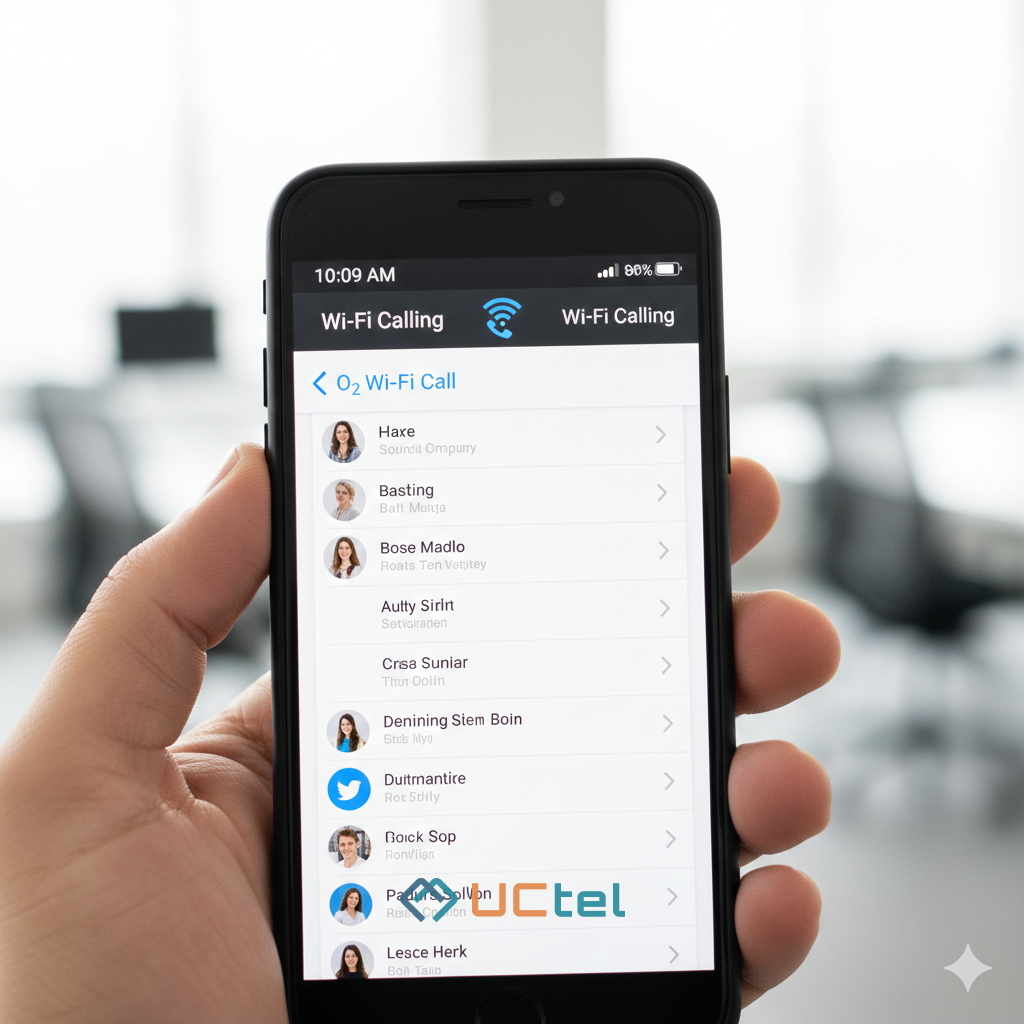Can Signal Boosters Be Deployed Across Multiple Business Sites?

Table of contents
- 1. Follow-up Questions
- 2. How Signal Boosters Work & Why Multi-Site Deployment Matters
- 3. Regulatory Considerations: Ofcom Rules and Operator Policies
- 4. Support Platforms: Remote Monitoring, Central Dashboards & SLAs
- 5. Operational Planning: Surveying, Inventory Management & Redeployment Logistics
- 6. Cost Analysis: Bulk Procurement vs Branch-by-Branch Rollout
- 7. Case Studies: Examples of Successful Multi-Site Deployments
- 8. Do’s and Don’ts: Best Practices When Scaling Coverage Across Sites
- 9. Frequently Asked Questions
- 10. Conclusion - TL/DR
Updated August 2025
Yes — well-managed signal boosters can be deployed across multiple enterprise locations, offering consistent mobile coverage for distributed offices, stores, or branches. With centralized dashboards, reuse strategies, and compliant systems like CEL‑FI QUATRA, businesses can scale and manage booster rollouts effectively while staying within Ofcom rules.
Follow-up Questions
How do signal boosters support multiple locations?
- Enterprise-grade systems like CEL‑FI QUATRA can be remotely configured and monitored, offering consistency across offices or retail units.
Can boosters be reused if one site closes?
- Yes, provided the system is compliant and a new site survey is done, it can be reinstalled elsewhere legally.
Are there UK regulations that limit scaling boosters?
- Ofcom allows licence-exempt repeaters if installed per guidelines. One-time approval doesn’t cover future redeployments.
What industries benefit most from multi-site booster rollouts?
- Retail, logistics, hospitality, and professional services—any sector with many physical locations and central IT.
How Signal Boosters Work & Why Multi-Site Deployment Matters
Signal boosters capture a strong outdoor donor signal, amplify it, and distribute it indoors using indoor antennas. In multi-site deployments—such as retail chains, franchises, or corporate offices—this architecture allows consistent coverage and standardized performance across locations.
Using scalable booster systems like CEL‑FI QUATRA, businesses can manage dozens or hundreds of sites with consistent hardware and coverage planning.
Benefits include:
- Uniform performance across sites
- Central dashboards for monitoring
- Remote management via cloud-based tools
- Reuse of hardware when sites are remodeled or relocated
Regulatory Considerations: Ofcom Rules and Operator Policies
Ofcom requires that mobile phone repeaters meet the Licence-Exemption Regulations (IR 2102). Only systems compliant with automatic gain control and automatic shutdown (to prevent interference) are legal in the UK.
Key rules include:
- Boosters must be static indoor units with licence-exempt status
- Systems may support multiple operators only if certified
- Deploying units across locations is allowed—but installations must follow site surveys and compliance checks per location
Non-compliant boosters can result in fines, confiscation, or forced removal.
Support Platforms: Remote Monitoring, Central Dashboards & SLAs
Enterprise boosters like CEL‑FI QUATRA include remote-access dashboards such as the WAVE Portal, which allow administrators to:
- View real-time signal levels across all sites
- Receive alerts when gain drops or hardware disconnects
- Push firmware updates remotely
- Remotely configure settings or operator changes
These features reduce the need for on-site troubleshooting and make IT operations more efficient at scale.
Operational Planning: Surveying, Inventory Management & Redeployment Logistics
A successful multi-site rollout requires careful planning:
- Site Surveying: Assess each location's signal environment and layout
- Inventory Pooling: Keep spare kits centrally to reuse in new or refurbished sites
- Deployment Phases: Start with pilot locations, scale after validation
- Redeployment Strategy: Relocate boosters from closed sites while maintaining compliance
Cost Analysis: Bulk Procurement vs Branch-by-Branch Rollout
Bulk procurement allows businesses to secure better pricing and standardized hardware across sites, while centralized inventory and IT oversight simplify training and support.
However, each site may still have unique installation needs due to signal strength, building structure, or access issues—making tailored site surveys essential.
Case Studies: Examples of Successful Multi-Site Deployments
Many enterprise clients across retail, logistics, and professional services have adopted multi-site booster strategies, particularly using systems like CEL‑FI QUATRA.
These deployments typically include:
- Pre-deployment signal testing
- Central management via the WAVE Portal
- Tiered support SLAs
- Periodic performance audits
UCTel has supported similar structured rollouts across distributed business units, offering scalable packages for IT and FM teams.
Do’s and Don’ts: Best Practices When Scaling Coverage Across Sites
Do:
- Use Ofcom-compliant enterprise boosters
- Centralize signal monitoring and fault alerts
- Standardize hardware when possible
- Maintain a deployment and redeployment plan
- Ensure operator coordination and survey documentation
Don’t:
- Use uncertified or grey-market equipment
- Copy layouts blindly between sites
- Overlook the value of remote support dashboards
- Skip post-installation signal testing
Frequently Asked Questions
Can signal boosters support 5G?
- Some newer systems, including certain CEL‑FI models, support 5G bands if available from the mobile network operator.
Is it better to manage installations internally or use a provider?
- Partnering with a certified provider like UCTel ensures compliance, scalability, and faster resolution of coverage gaps.
Are all mobile networks supported on the same system?
- Only multi-operator-certified systems can legally amplify multiple UK networks. Be sure to check OFCOM compliance.
What’s the typical ROI of deploying boosters across sites?
- Reduced customer complaints, better staff connectivity, and fewer IT tickets lead to strong long-term ROI—especially when managed centrally.
How long does installation take per site?
- Typically 1–2 days, depending on size and complexity. Advance surveys and planning reduce lead times.
If you're managing coverage for multiple business sites and want a scalable, compliant solution — UCTel can help. We specialise in enterprise-grade signal boosters and offer:
- Multi-site deployment strategies
- CEL‑FI QUATRA certified systems
- Compliance with Ofcom IR 2102 standards
- Remote monitoring dashboards
- Full-service rollout and ongoing support
Contact our team for a free site consultation or to discuss your nationwide rollout.
Conclusion - TL/DR
Multi-site signal booster deployment is not only possible — it’s becoming a key IT and facilities strategy for modern businesses. With the right planning, equipment, and compliance practices, organisations can ensure reliable mobile connectivity across all their locations.
UCTel offers fully managed booster rollouts that are scalable, Ofcom-compliant, and designed for operational efficiency. Whether you’re managing 3 locations or 300, a properly executed booster deployment can drastically improve mobile performance for staff, visitors, and customers alike.






